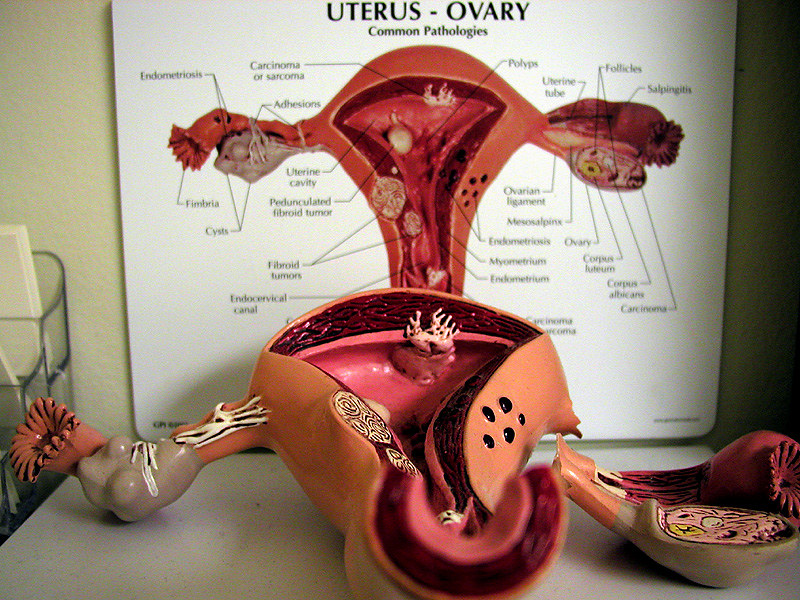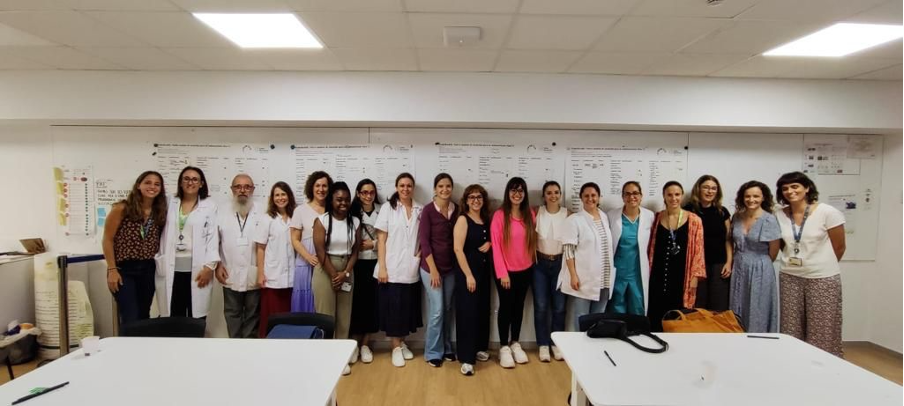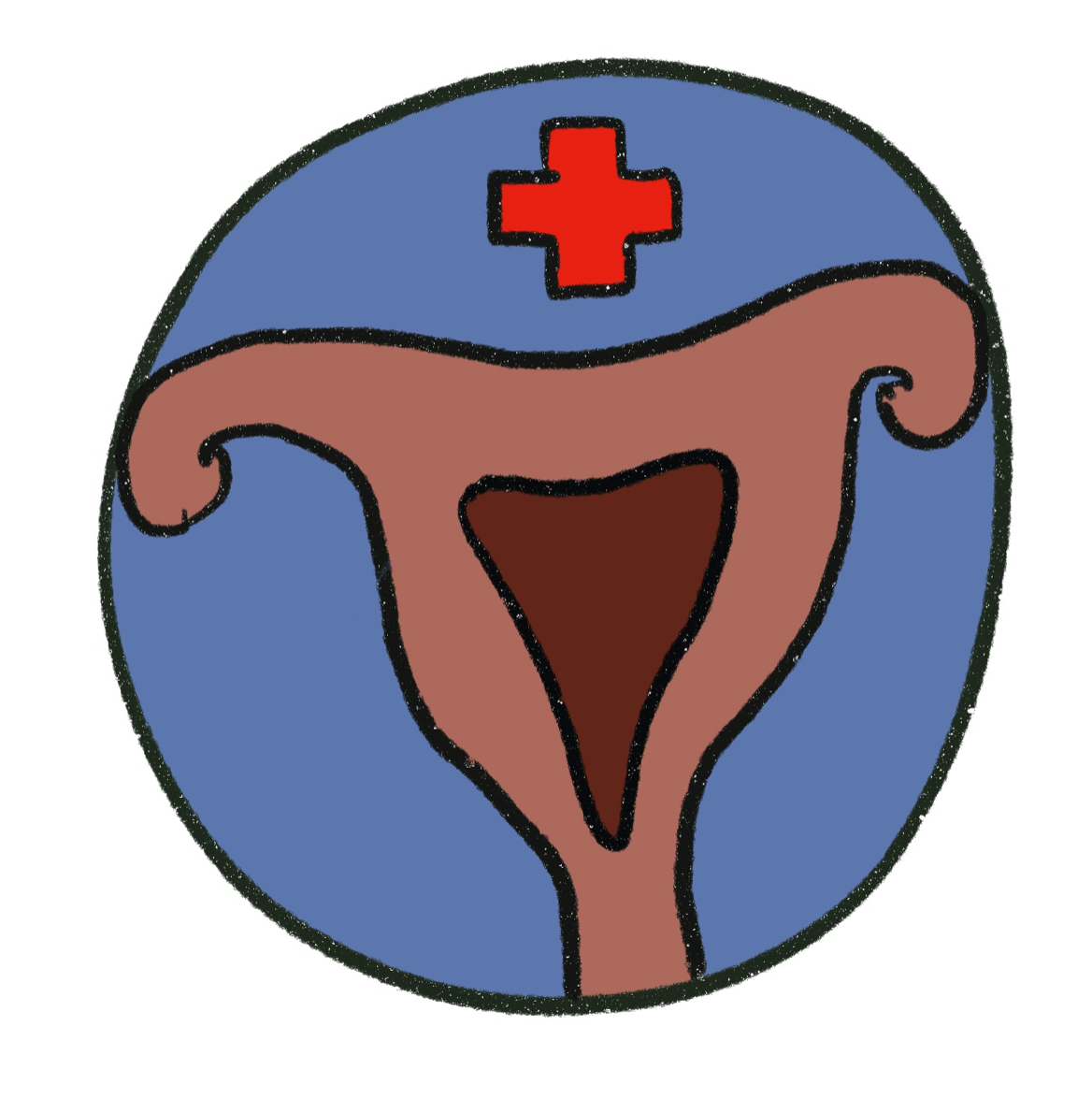Project Description:
The Patient Experience Observatory at Hospital Clinic Barcelona in collaboration with the Gynaecology Department is embarking on a citizen science initiative aimed at developing an innovative care model for women receiving treatment for endometriosis at the hospital.
Project Type: Kick Starter
Theme: Cities for Life, Health
Mentor: Antonella Passani
New Model of Care for Endometriosis
The EndoHealth project is a unique citizen science collaboration between the Patient Experience Observatory of the Hospital Clínic, the Endometriosis Unit of the Clinical Institute of Gynaecology, Obstetrics, and Neonatology and the Catalan Association of Women Suffering from Endometriosis (ENDOCAT), undertaken under the funding and guidance of IMPETUS, a Horizon Europe Program.
EndoHealth aims to transform the way endometriosis patients are cared for by hospitals by centering decision-making around the patients themselves.
Over the last six months, we have engaged in patient outreach through directed workshops, interviews, and surveys, to co-create a new set of patient-reported outcome measures (PROM) and patient-reported experience measures (PREM) specific to the endometriosis pathway based on what truly matters to our patients. In summary, these questionnaires will be used by the clinical service to evaluate patients’ healthcare outcomes and experiences, enabling timely interventions and adjustments.

These accomplishments will serve as the foundation for our larger project: the creation of a digital platform that collects data using our co-created questionnaires. The collected data will be analyzed and visualized via an app and clinician dashboard in a useful way for both patients and healthcare providers. This will foster personalized care, enhance patient involvement, enable data-driven decision-making, and elevate overall value-based and quality improvements.

Throughout this time, the EndoHealth project has also made significant contributions within the scientific and social realms, addressing the deficiency in disease-specific PROM and PREM questionnaires for endometriosis. We intend to share our co-creation process through publication and introduce a new valuable knowledge resource, the dataset generated from the cross-sectional study conducted using the co-created questionnaires. This effort aims to contribute to the broader understanding of endometriosis and enhance the available resources in the field.
On the social front, the project has served as a vital platform for individuals affected by endometriosis, fostering a sense of community and empowerment for those who may feel isolated and misunderstood. Notably, we actively promoted social inclusion, welcoming individuals from diverse backgrounds, regardless of gender, age, ethnicity, or socioeconomic status.
Beyond the IMPETUS project, there is a long-term aspiration to make a significant political impact. The EndoHealth team recently published an article (Gresle et al, 2023) critiquing the Spanish Organic Law 1/20, a landmark decision recognizing menstruation as incapacitating and granting women the right to take time off work during these days. Spain is among the first countries in Europe to address this issue. The team aims to continue exploring European and international laws that impact individuals with endometriosis, directly or indirectly, to understand how legislation has influenced their experiences and outcomes.
Our participation in the IMPETUS accelerator program has been instrumental in advancing the EndoHealth project. Through this initiative, we not only secured crucial financial support for this phase but also gained invaluable skills and knowledge. The program provided us with intensive training, mentoring, and informal sessions, which enhanced our capabilities. The use of various tools made available by the IMPETUS team has proven instrumental in formulating and improving our project.

This includes access to impact assessment evaluation documents, facilitating our ability to navigate impact and ensure proper execution. The collaborative environment of the program has allowed us to engage in meaningful discussions with other participants, fostering a dynamic exchange of ideas and insights. Furthermore, our exposure to other citizen science projects within the program, as well as those that preceded us, has broadened our perspective. Learning from these experiences has not only enriched our understanding but has also contributed to our overall success.
As we close this project phase, we are enthusiastic about continuing our journey and remain committed to increasing awareness about endometriosis and its care.



